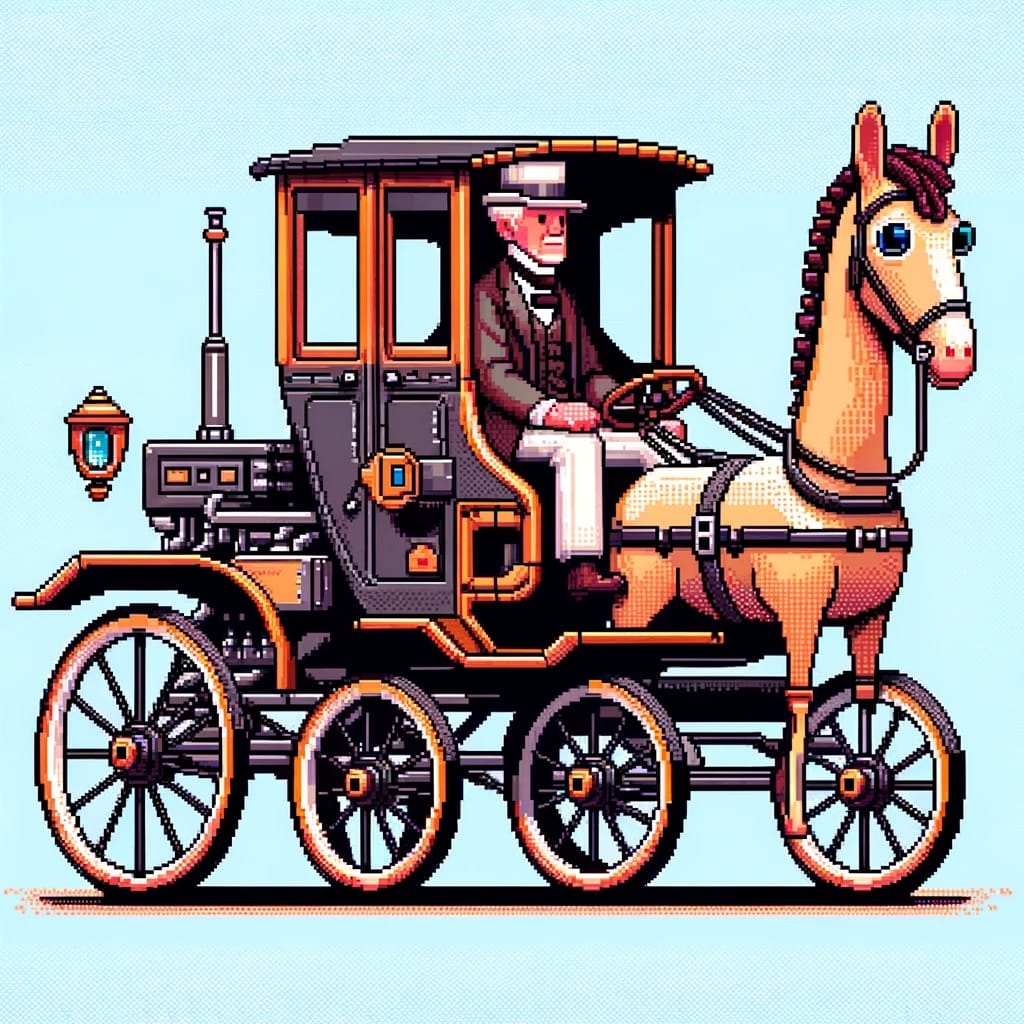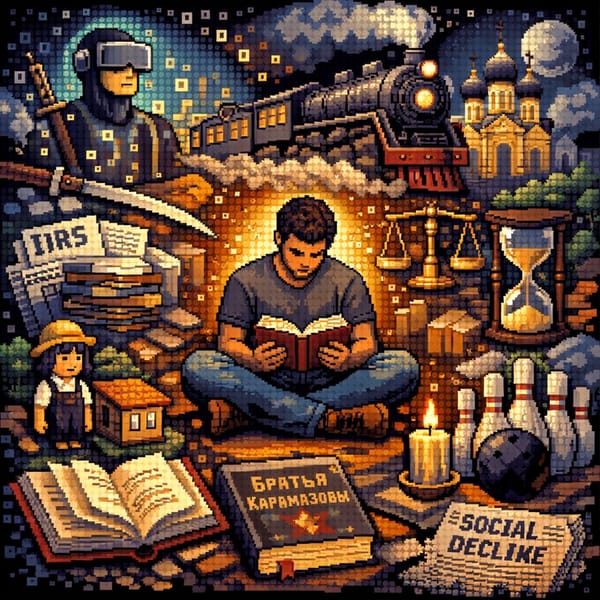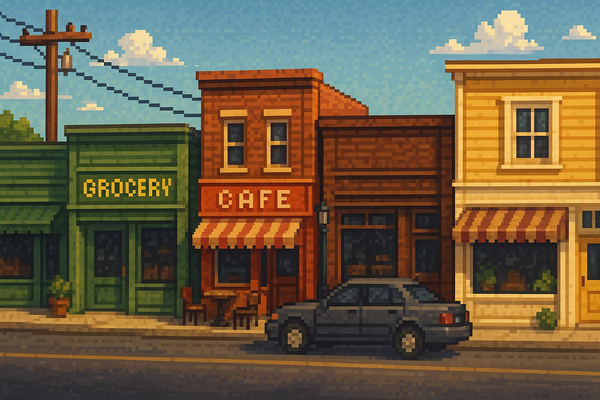Zoom Out

The Design of Everyday Things says innovation happens in two ways: incremental and radical. Incremental innovation comes from trying to make existing processes better. Radical innovation comes from thinking beyond the process to what the person tries to accomplish. As Harvard Business School marketing professor Theodore Levitt said, "People don't want to buy a quarter-inch drill. They want a quarter-inch h”
I was shopping for groceries before this, so I will use that as an example.
What are the steps required to get groceries?
- Decide what you would like to buy
- Decide on a store
- Go to the store
- Find your items
- Checkout
- Go home
Incremental innovation takes steps out of the process. Instacart allows you to skip going to the store and checking out. Meal planning services like eMeals cut out deciding what you want to buy. Ordering ahead with a pickup can prevent you from wandering around the store trying to find your items[1]. Amazon dreamed of cutting out the checkout line using computer vision, but sadly, that was scrapped this week[2]. These are basic ways companies have chosen different tradeoffs to solve people's specific complaints.
Radical innovation would question why we even need groceries. We need food to survive, but many other ways exist to accomplish that goal. Simple ways are eating out or growing your food. There are significant tradeoffs to each of these. People may be unable to afford to eat out all the time due to health or finances. Growing your food may be even more challenging since most people lack space, time, or skill.
Another alternative is pooling your money with everyone on your street to hire a chef. Instead of shopping for groceries and thinking up meals to make, you show up at their place whenever you want a meal or a snack. You won’t get the same flexibility of always choosing what or when to eat, but you don’t ever have to worry about purchasing food yourself.
Or what if you just ditched food altogether? We could consume nutritional alternatives such as Soylent, which claims to be "science-backed nutrition. perfected." Imagine wearing a CamelBak stocked up with Soylent and water. You would never have to waste time thinking about what you would eat again. The revulsion you likely felt while reading that last sentence means there must be more goals than just eating to survive. We also eat and share food as a means of socialization or because it tastes good.
I find this method of thinking so fascinating because taking things to extremes of their most basic function tends to draw out constraints and creative solutions that haven't been considered. Remembering to get out of the weeds and look at the big picture is hard. People frequently get caught up in their old ways and only want to improve them rather than consider if they still belong. To quote Henry Ford, "If I had asked people what they wanted, they would have said faster horses."
The next time you think about a problem, consider the larger goal and ask why. I bet it will take you places you didn't expect.
- Some places try to confuse you to increase impulse buying, so this could be a net negative for the business.
- It turns out that if you had shopped at one of their stores, 1,000 people in India were watching camera feeds to get you your receipt. They are moving to an IDEO-style checkout scanner on the cart idea.



